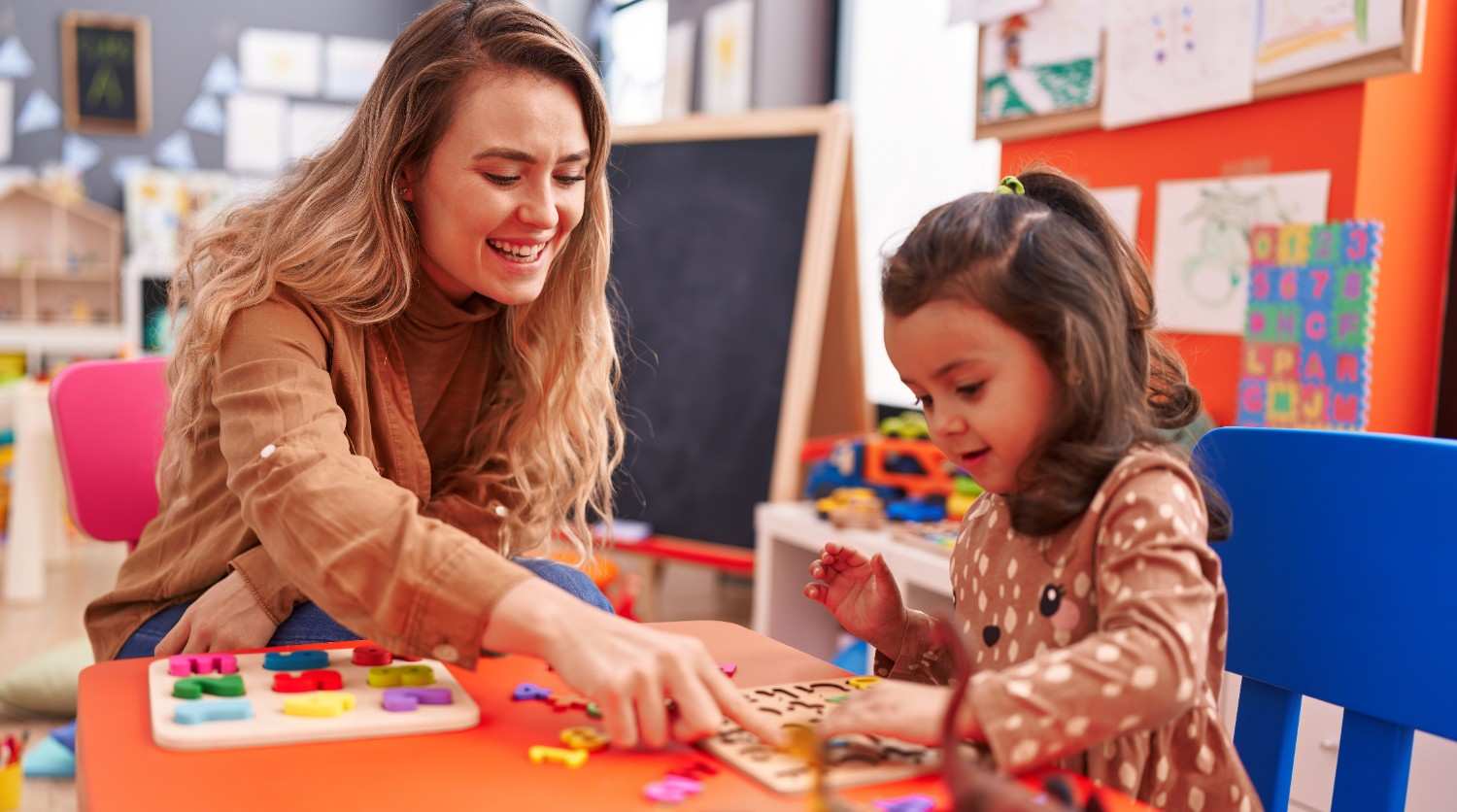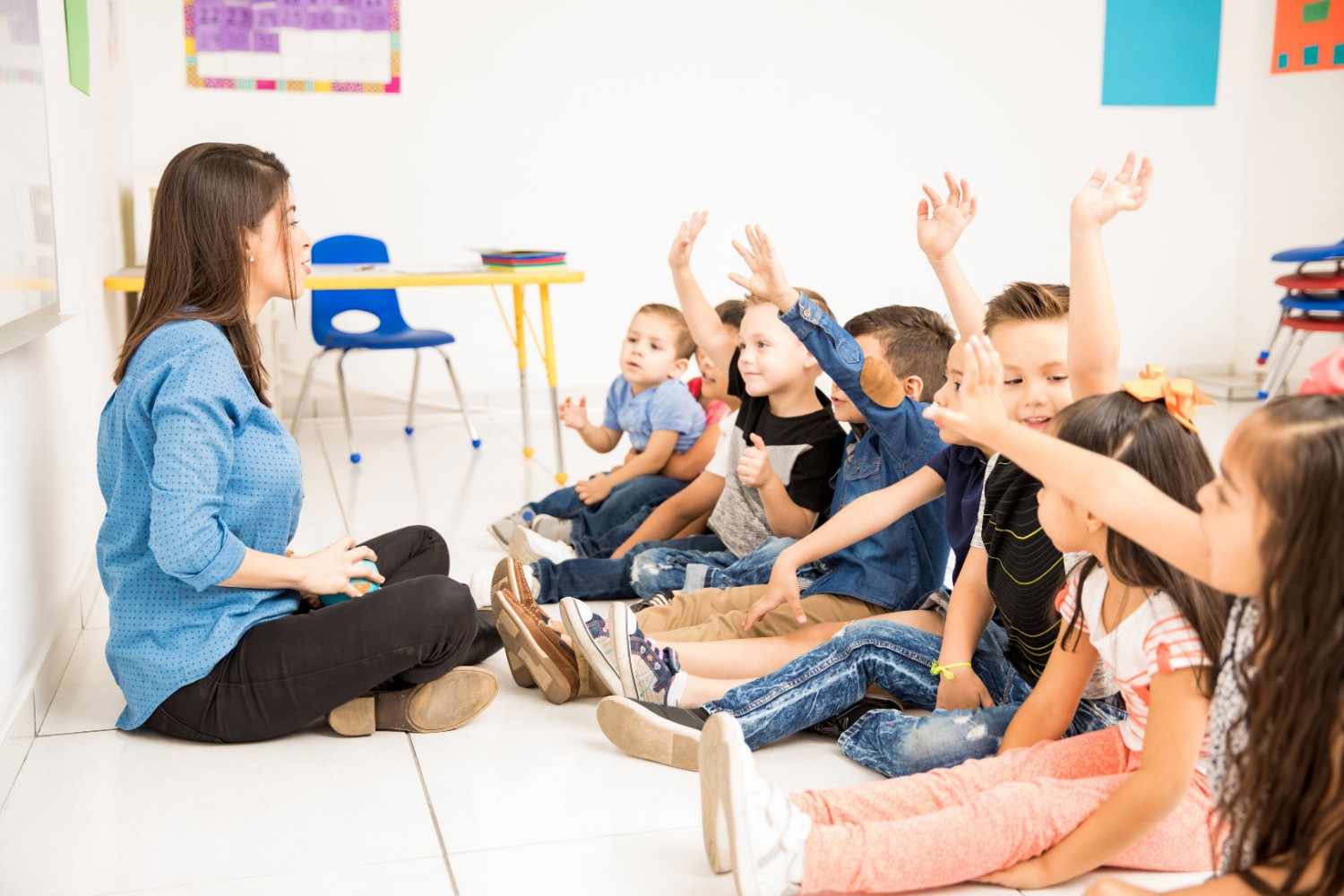The early years of a child’s life are marked by rapid growth and development. From birth to age five, the brain forms connections at an unmatched pace. During this critical period, children learn not only basic skills like letters and numbers but also how to think, interact with others, and explore their world. This makes preschool programs essential for young learners. Preschool isn’t just preparation for kindergarten—it provides structure, fosters curiosity, and helps children develop key life skills. For families, choosing a preschool offers their child a strong, supported start on the path to lifelong learning.
Social and Emotional Growth
One of the most significant benefits of early education is social development. In a preschool setting, children learn to share, take turns, cooperate, and express their feelings in healthy ways. Attending preschool allows children to become part of a community where they can form friendships, resolve minor conflicts, and build confidence in group settings. These skills are crucial not just for school but for life. Emotional growth at this stage also involves learning to manage frustration, follow instructions, and build resilience. A safe and supportive environment encourages children to be more open to new experiences and challenges.

Language and Communication Skills
Preschool is a time of rapid vocabulary growth. A rich early learning environment, filled with stories, songs, and conversations, exposes children to many new words. This exposure builds strong communication skills vital for reading, writing, and future academic success. In preschools in Taylorsville, children are encouraged to express themselves, ask questions, and share ideas. Such opportunities not only boost language skills but also support critical thinking and creativity. Simple classroom routines, like circle time or group storytelling, help children gain the confidence to speak up and listen to others. These early communication habits lay the groundwork for effective learning.
Cognitive and Academic Readiness
Preschool introduces children to fundamental academic concepts in a playful yet purposeful way. Through activities like games, puzzles, and hands-on learning, they explore numbers, letters, colors, and shapes. But preschool is about more than memorization. It helps children develop critical thinking skills, such as asking questions, recognizing patterns, and solving problems, laying the foundation for structured learning in kindergarten and beyond. Additionally, preschool teaches routines and expectations, like sitting in a circle, taking turns, and transitioning between activities. These routines provide security and prepare children for the next step in their educational journey.
Encouraging Independence
As children grow, they naturally seek more independence. Preschool fosters this by offering opportunities for decision-making, self-care, and personal responsibility. Programs often include simple tasks like putting away toys, choosing activities, or washing hands before snacks. These small moments build independence and confidence. Children who feel capable are more likely to take initiative, explore new ideas, and persevere through challenges. Developing independence early helps children feel more comfortable in classroom settings and in the wider world.
The Role of Play in Learning
Play is a child’s natural way of learning. While it may seem like just fun, play develops essential skills such as problem-solving, cooperation, and imagination. High-quality preschools recognize this, fostering environments where structured and unstructured play work together. Outdoor play, dramatic play, building blocks, and creative arts are all vital parts of a balanced early learning experience. These activities help children refine motor skills, express themselves, and understand their world. When seeking preschools, families should prioritize programs that value play as a fundamental learning tool, not merely a break.

Family Involvement and Community Connection
Early learning goes beyond the classroom—it’s about building strong connections between families, educators, and the community. Preschools that involve parents and promote collaboration create a supportive, consistent environment for children. Many centers foster this connection through events, clear communication, and shared learning goals. When families and educators work together, children benefit from a unified approach and a sense of belonging. This sense of community helps children feel valued, supported, and understood as they grow.

